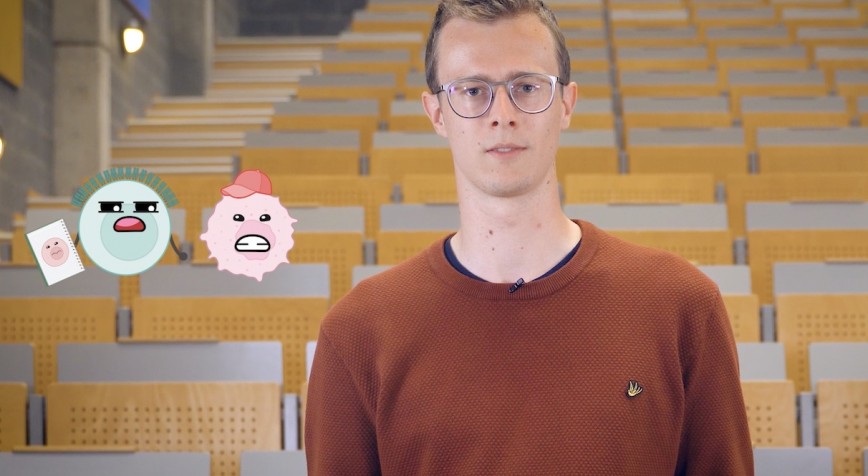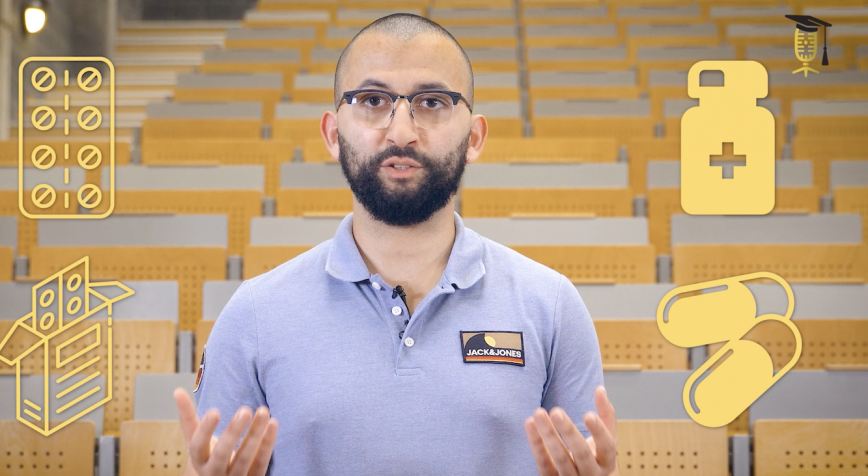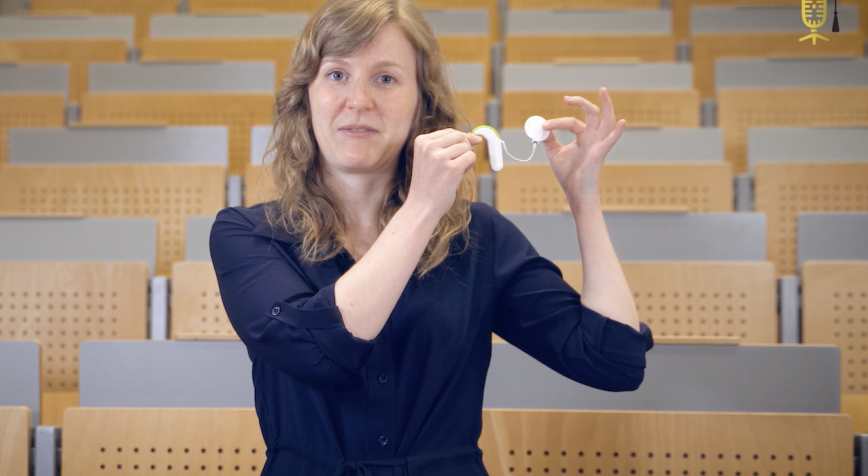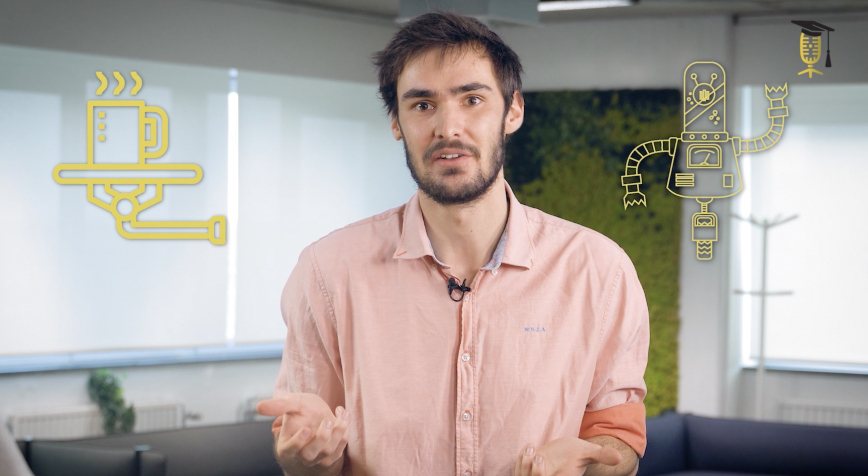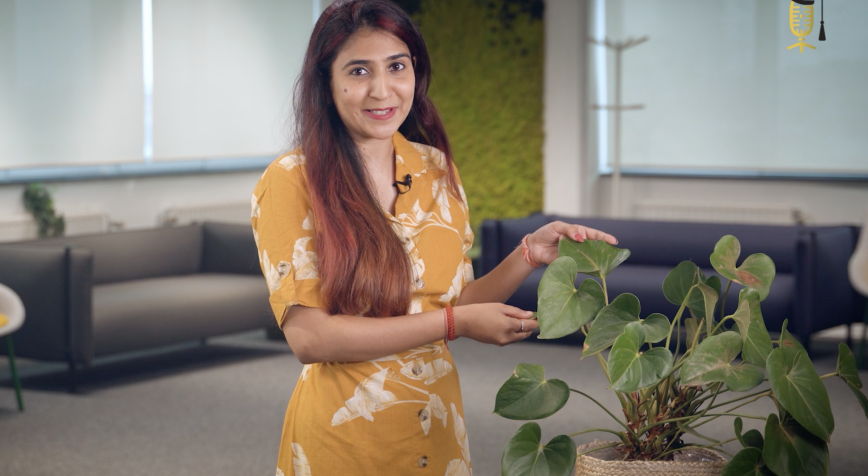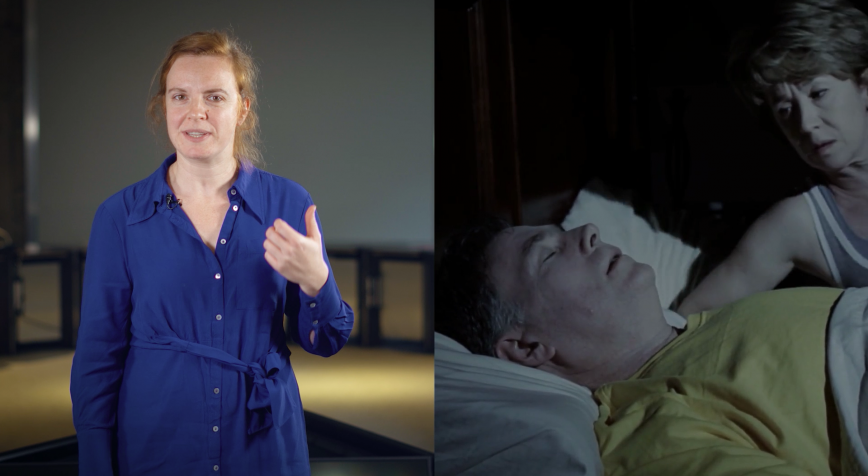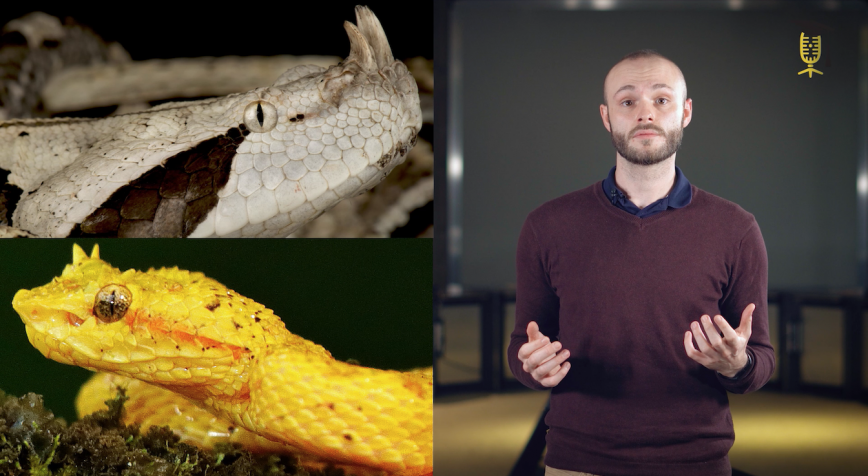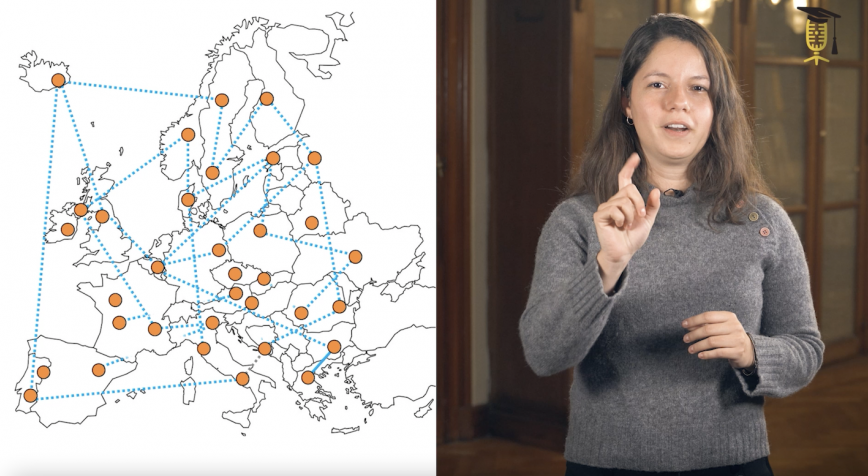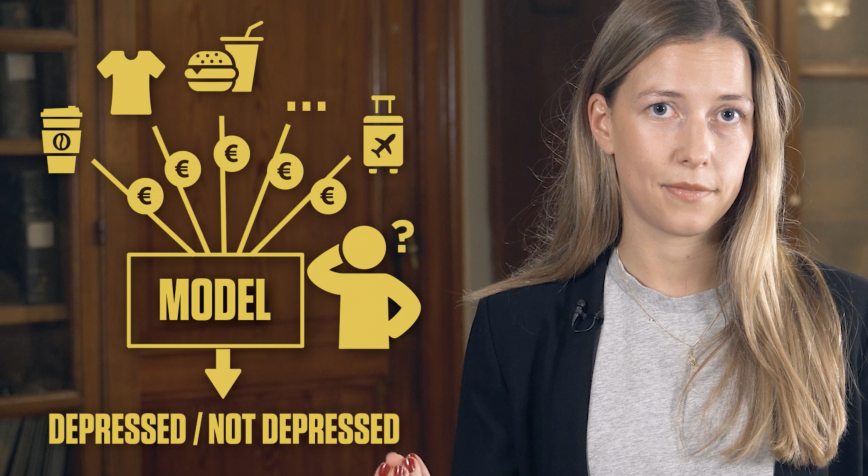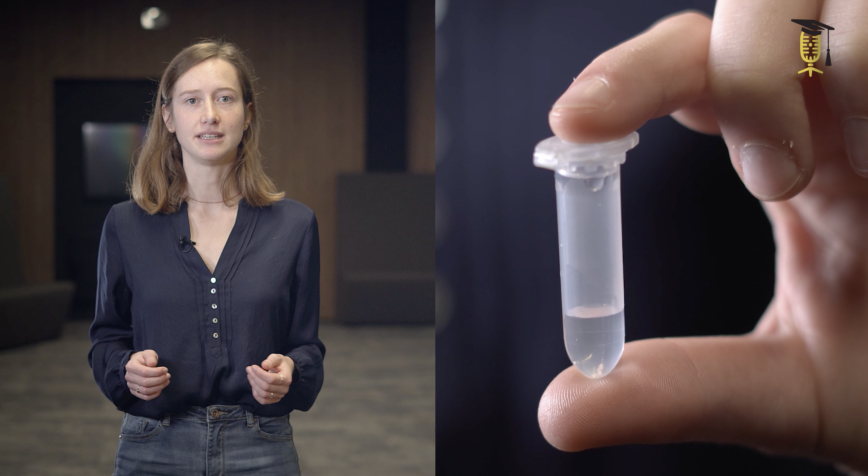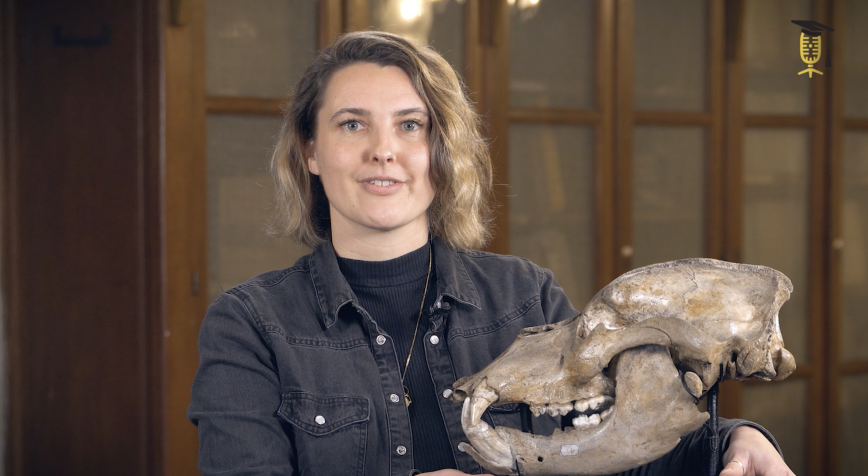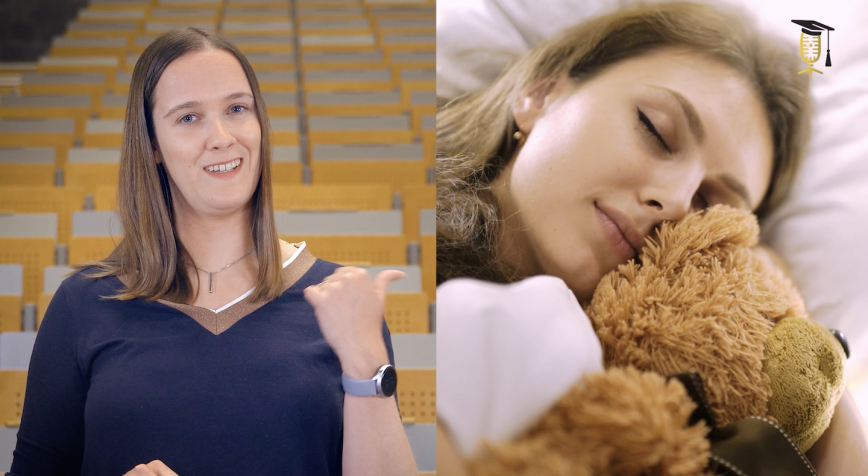
FWO
UAntwerpen
Breathing during sleep: much more than in and out
Snoring is very annoying in itself (especially for roommates), but sometimes there is more to it. In some people, the upper airway closes up to 15 times an hour during sleep. This condition has obstructive sleep apnoea. Sara Op de Beeck explains how she wants to use data to help patients get the best treatment, so that it can be quiet in their bedroom again. 😴
